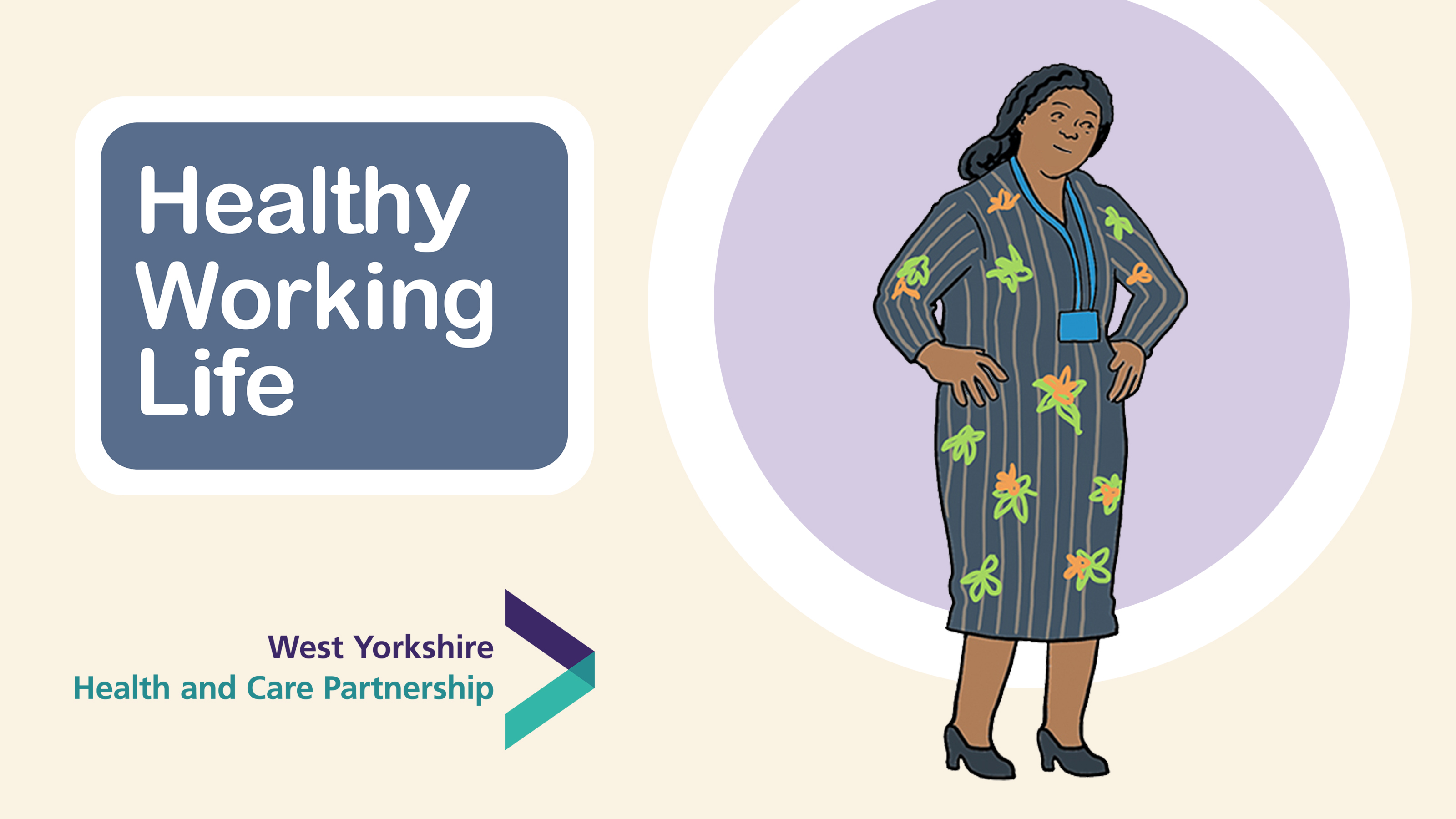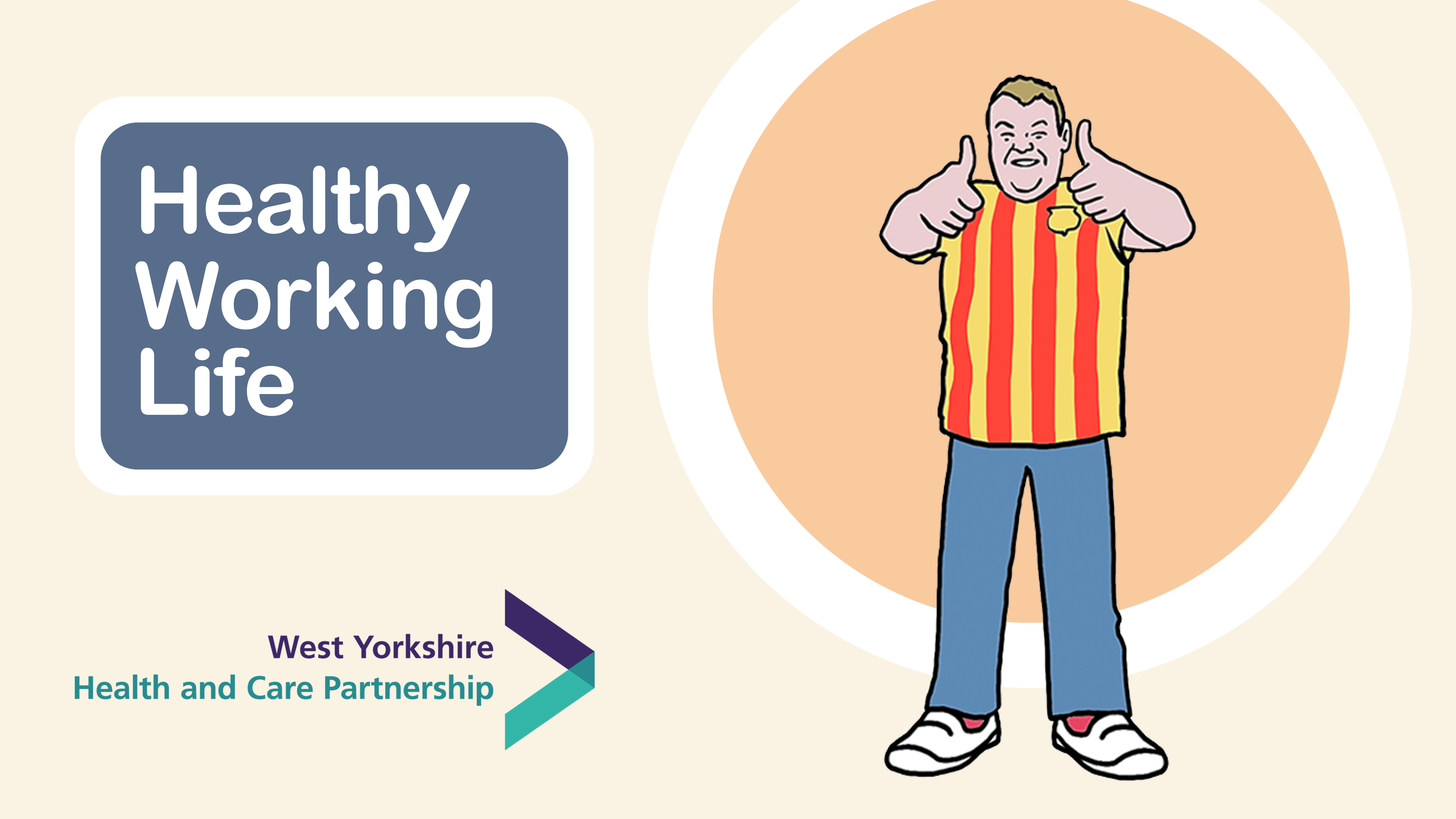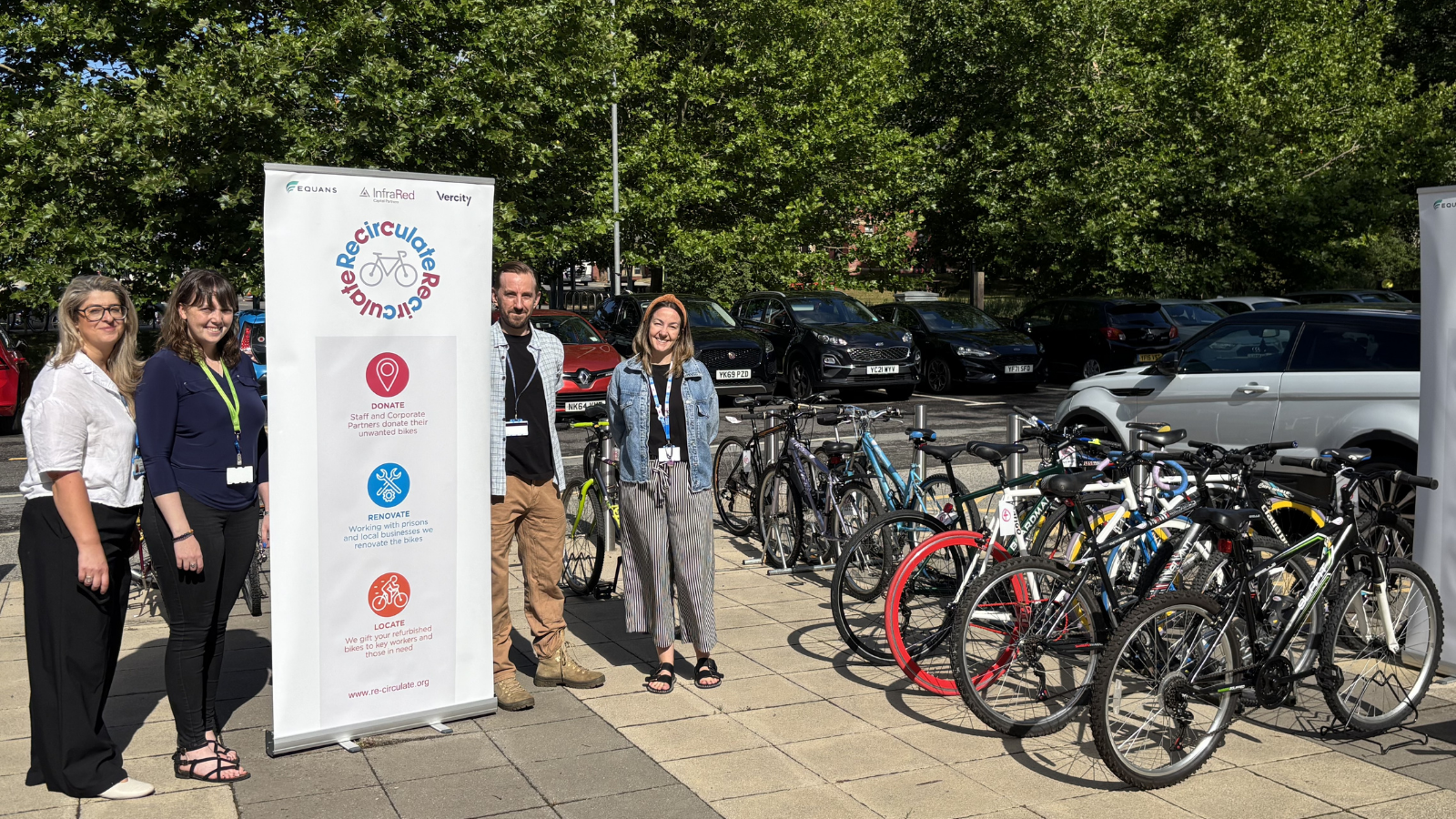The cancer manager is often described as the ‘lynchpin’ of cancer services, a link between multiple stakeholders: clinical teams, diagnostic departments, national policy bodies, trust boards, commissioners, and most importantly, patients and their families. Our task is to align frontline activity with national cancer strategies and performance expectations, including the demanding 28-day Faster Diagnosis Standard, 62-day referral-to-treatment targets and personalised care requirements.
This role requires a broad skillset with operational oversight, analytical skills, financial awareness, people management and the ability to navigate complex systems. However, it also requires emotional intelligence with the ability to hold productive, empathetic conversations with over-stretched clinicians and anxious patients.
The majority of my day can involve unpicking bottlenecks in pathways, negotiating extra imaging slots, escalating breaches, chasing histology results and ensuring MDT meetings have run smoothly. It’s a constant balancing act of managing the operational pressures of pathway performance with the clinical needs of patients and the professional realities of frontline teams.
Another area of my work lies in leading long-term service transformation. We work with clinicians to redesign pathways, introduce new diagnostic models (like FIT testing and straight-to-test initiatives), implement personalised care interventions and improve the use of data. Increasingly, my role is at the forefront of digital innovation, embedding cancer tracking systems, optimising data flows between systems and supporting the implementation of decision-support tools. We work closely with cancer alliances and regional bodies to pilot new models of care, contribute to business cases for diagnostic investment and lead on transformation programmes aligned to the NHS Long Term Plan and the National Cancer Programme.
Behind every well-run cancer pathway is a dedicated team: multidisciplinary team (MDT) co-ordinators, cancer trackers, clinical nurse specialists, administrators, data analysts and service managers. I am proud to say that it is down to the team that last year, CHFT was the best performing acute trust in England for cancer 62-day referral to treatment.
My role involves leading these MDTs, providing stability and clear direction in the face of service pressures. We also act as a conduit for clinician concerns as well as creating space for ideas to be heard and encouraging innovation.
For me, as a cancer manager I believe I am part of people’s most vulnerable and life-changing moments, not as a clinician, but as someone working behind the scenes to ensure that their care is timely, joined-up and responsive. Working as an advocate for better communication, shared decision-making and attention to inequality in access and outcomes. Cancer does not affect all communities equally, and cancer managers play a crucial role in driving equity-focused service planning.
For those considering a career in NHS service management, cancer services offer an incredible opportunity to combine analytical problem-solving with human connection and real impact. It is a privilege to lead in this space and to constantly advocate for patient, service and system improvements.
Thank you for reading,
Mo


 Hi, my name is Maureen (most of my colleagues call me Mo) and I work as a cancer manager at Calderdale and Huddersfield NHS Trust (CHFT), a role that focuses on clinical excellence, operational performance and compassionate leadership. It’s not a job that often makes the headlines, but it is one that in the background underpins the delivery of timely, safe and effective care for thousands of patients every year. As cancer incidences rise and NHS services face increasing scrutiny, the role of the cancer manager has never been more pivotal, or arguably more complex.
Hi, my name is Maureen (most of my colleagues call me Mo) and I work as a cancer manager at Calderdale and Huddersfield NHS Trust (CHFT), a role that focuses on clinical excellence, operational performance and compassionate leadership. It’s not a job that often makes the headlines, but it is one that in the background underpins the delivery of timely, safe and effective care for thousands of patients every year. As cancer incidences rise and NHS services face increasing scrutiny, the role of the cancer manager has never been more pivotal, or arguably more complex. Leeds Teaching Hospitals NHS Trust launches ambitions to deliver NHS 10 year plan
Leeds Teaching Hospitals NHS Trust launches ambitions to deliver NHS 10 year plan  Healthcare professionals empowered through vocational rehabilitation
Healthcare professionals empowered through vocational rehabilitation  Support for employers to become carer-friendly
Support for employers to become carer-friendly Hospital staff receive gifted bikes from Recirculate
Hospital staff receive gifted bikes from Recirculate